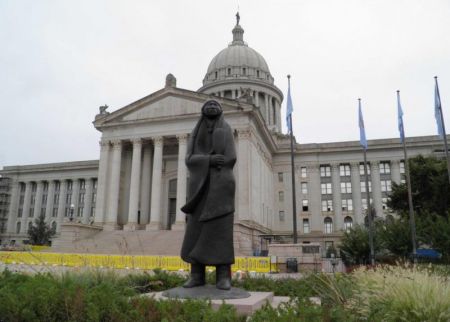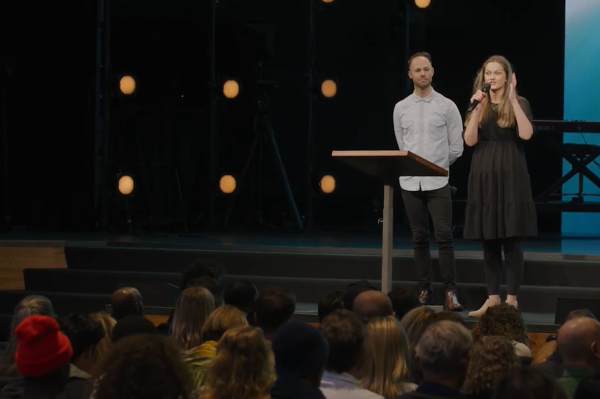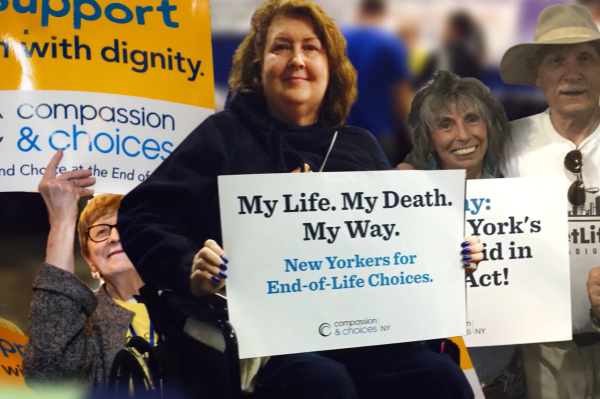Oklahoma House passes bill banning gov’t closure of churches

The Oklahoma House of Representatives passed legislation last Wednesday that would prohibit state and local government entities from forcing churches or any other houses of worship to close even during a pandemic.
Having passed by a vote of 80-18, the Oklahoma Religious Freedom Act will now head to the state Senate.
House Bill 2648 states that “no governmental entity shall substantially burden a person’s free exercise of religion even if the burden results from a rule of general applicability.”
“No governmental entity shall substantially burden a person’s free exercise of religion unless it demonstrates that application of the burden to the person is … essential to further a compelling governmental interest; and ... the least restrictive means of furthering that compelling governmental interest.”
The legislation states that any order or rule issued by a government entity “pursuant to an emergency that requires closure of any place of worship entitled to the religious exemption found in Section 501(c)(3) of Title 26 of the United States Code shall be considered a substantial burden even if the order or rule is one of general applicability.”
State Rep. Brian Hill, a Republican who sponsored the bill, told KOCO 5 News that people came to North America “seeking religious freedom and to escape a tyrannical government.”
He argued that “our country’s founders had the wisdom to specifically outline the freedom to worship in one of our founding documents.”
“My faith, like many Oklahomans, is at the core of who I am, and this bill further protects our God-given right to worship,” Hill contends.
Fellow Republican Rep. Jon Echols, the House majority floor leader, issued similar comments to the local news outlet, saying the U.S. was “founded by individuals seeking freedom to worship in the manner they so choose without persecution.”
“I can think of nothing more patriotic than protecting those rights for future generations,” Echols said.
Democrats, however, have opposed the bill and argued that temporarily closing church buildings for safety during the pandemic is not a “substantial burden” because there are other means of worship available, The Tulsa World reports.
“[Do] you understand our concerns have much less to do with attending church and more to do with where the attendees go afterward and [the virus] they spread?” Democratic Rep. Forrest Bennett of Oklahoma City was quoted as saying.
Oklahoma, with a population of more than 3.9 million people, has had about 429,000 COVID-19 infections and 4,534 deaths coronavirus-related deaths as of Sunday afternoon, according to the state’s COVID-19 data.
Last month, Georgia Gov. Brian Kemp said he plans to make the state a “sanctuary state for people of faith” by introducing similar legislation that would limit future governors’ power to shut down churches should the nation face another pandemic like COVID-19.
In an interview with CBN News, Kemp discussed the “Faith Protection Act,” which would bar Georgia governors from using emergency powers to “specifically limit the practice of any religion” after seeing the impact of such actions in other states.
“... My goal is for us to be a sanctuary state, if you will, for people of faith,” Kemp was quoted as saying. “I think this pandemic has shown us that ... people will overreach, especially people in positions of power, and that's not good. ... Looking around other states, it was concerning to me that we shouldn't have any governor or a future governor be able to stop religious services.”
Kemp, whose state was among the first to ease restrictions for the general population as other states extended lockdown orders last year, stressed that religious freedom is “embedded in our Constitution as a fundamental right of this country.” He explained that Georgians were never forced to shut down religious services during the pandemic but worked to implement safety guidelines by either worshiping virtually or holding services outdoors.





















